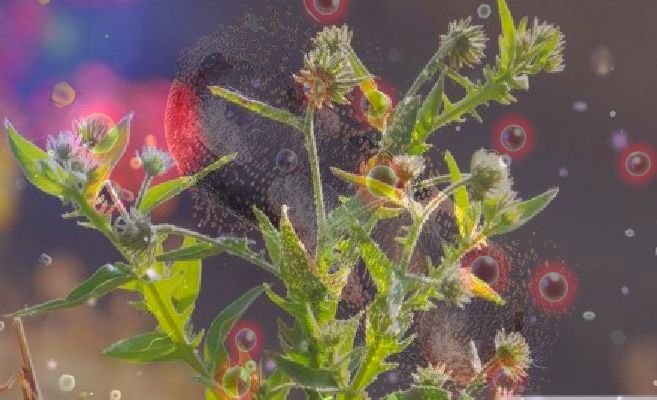A group of Indian researchers has now developed a new method to prepare silver nanoparticle loaded antibacterial powder that can be applied on surfaces.
The technique is simple and ‘green’ as it avoids use of harsh chemicals during synthesis and takes care of the problem related to unwanted release of silver nanoparticles in the environment by attaching them onto an inert substrate.
The antibacterial powder could potentially be used to clean water and in waste management. It could be mixed in paints and applied to surfaces where chances of infection are high, such as walls in hospitals, kitchens and toilets to give them antimicrobial coating.
The new technique has been developed by researchers at the Mumbai-based Bhabha Atomic Research Centre (BARC). They deployed the spray-drying technique to synthesize silver nanoparticles attached ceramic microparticles.
In this process, gum arabic – an eco-friendly biopolymer obtained from the Acacia tree – was used. Gum arabic helps in chemical reduction and attachment of silver nanoparticles to the silica substrate.
Due to its smaller size, it’s difficult to filter out silver nanoparticles from waste water after application.
The new technique can overcome this problem, according to researchers.
For example, after being used with a detergent in a washing machine, the particles could be easily separated from the waste water by using a filter membrane at the outlet hose.
Moreover, the silica nanoparticles could be replaced with magnetic nanoparticles and thus could be easily separated by using an external magnet after application.
This is a ‘India Sceience Wire’ story; edited by Clean-Future Team.
